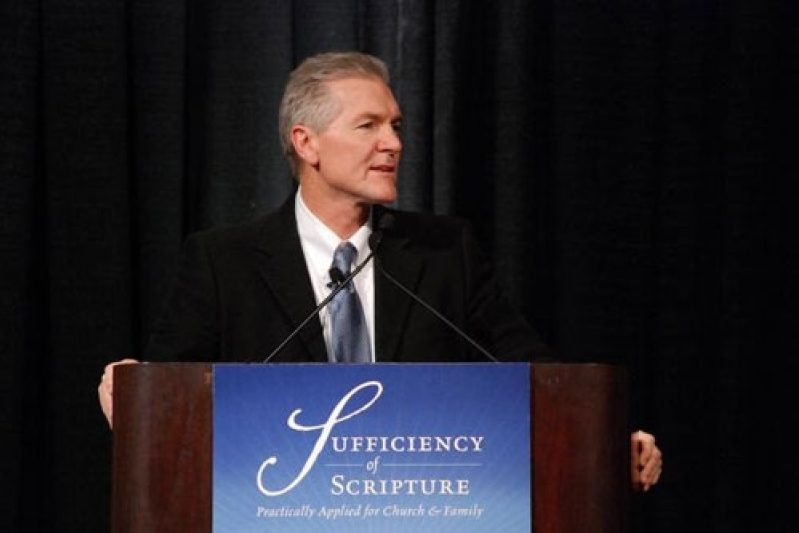
Scott T. Brown, an advocate of church reformation and the strengthening of families, claims that modern youth ministry is "indisputably unbiblical."
Addressing Christian leaders and families at a conference on the Sufficiency of Scripture on Friday, Brown, director of the National Center for Family-Integrated Churches, asserted that the "philosophy and practice of comprehensive, age-segregated, programmatic youth ministry" is "contrary to the ministry patterns of Christ."
Age-segregated youth ministry, trained youth ministers and programs to draw and entertain youth are a new invention in the history of the church, Brown said.
"Modern youth ministry is also inherently destructive in its impact. It divides the church by creating generational division and multiple cultures instead of a unified 'body,'" he maintained.
An elder at Hope Baptist Church in Wake Forest, N.C., Brown has denounced the disappearance of family life in the modern church and has expressed the need to preserve it.
Brown's fellow church member, Tommy Vestal, made arguments on the National Center for Family-Integrated Churches website taking a similar stance.
"This age segregation allows for the real possibility that children and adults can be completely 'socialized' by the greater culture in which they live instead of through parental discipleship and be void of any firm foundational understanding of truth of the world around them," Vestal contends.
"This slippery slope of age segregation leads to the isolation of an individual's perspective to one that only looks outward from within the confines of their age group and excludes the lessons that can and should be learned from previous generations," he adds.
The National Center for Family-Integrated Churches holds that the biblical order and unity of the family are crucial to the stability and health of the Church of Jesus Christ. Unfortunately, churches have contributed to the breakdown of the family, the center claims.
Calling modern youth ministry "a weed that gained root in the church," Brown exhorted conference attendees on Friday to uproot it and to "replace it with God's beautiful plan for youth ministry."
"I hope that we are now at the end of this 50-year failed experiment," he stated. "We now have almost three generations of children who had no father who walked beside them but a youth group instead. It is obvious that half a decade of youth group does not produce young people who are passionate about the church."
Research and estimates by youth workers have suggested that a majority of youth group seniors drop out of church after graduating. The Fuller Youth Institute released findings from its longitudinal study of youth group graduates showing that about 40-50 percent of students struggle with their faith.
Brown insisted that though he rejects youth groups, he is not rejecting ministry to youth. Rather, he supports and promotes generous investments in teaching Scripture to youth.
"But we must do it in God's way," he stressed.
One place Christians can start from is marriage.
God-honoring marriage, Brown said, is the most important means of youth ministry. "When husbands love their wives, the children get a picture of what Christ does for His bride."
The Sufficiency of Scripture conference, taking place at the Northern Kentucky Convention Center, ends Saturday.






